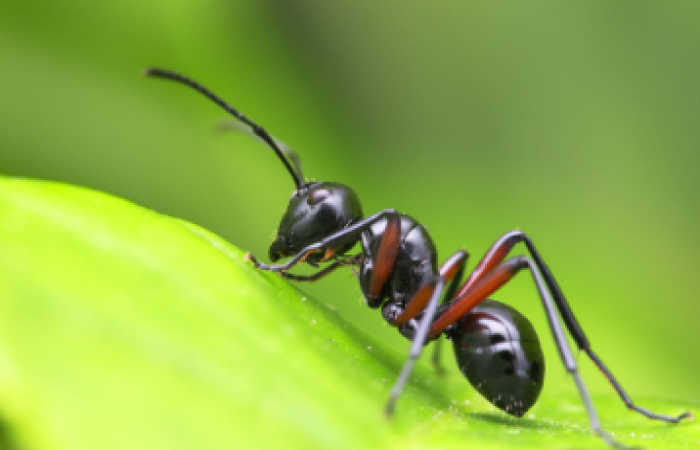
6 Foods That Lower Testosterone in Men
Testosterone is a hormone primarily produced in men’s testicles (and to a lesser extent in women’s ovaries). It's crucial for developing male physical characteristics, such as muscle mass, facial hair, and a deeper voice, and it plays a key role in regulating libido, sperm production, mood, and bone density.
Although testosterone levels naturally decrease with age, certain foods and lifestyle factors can accelerate this decline. Here are some foods that are known to lower testosterone levels in men:
Foods like tofu, soy milk, and edamame contain phytoestrogens, compounds that mimic estrogen in the body. High soy intake may disrupt hormonal balance and lower testosterone, especially if consumed in large amounts over time.
These foods are often high in trans fats and refined sugars, which can increase inflammation and promote weight gain. Both factors are linked to reduced testosterone levels and poorer overall reproductive health.
While occasional drinking won’t drastically affect testosterone, heavy or frequent alcohol consumption, especially beer, which contains phytoestrogen compounds from hops, can reduce testosterone production and even lead to testicular shrinkage over time.
Sugar causes insulin spikes, which can interfere with hormone production, including testosterone. High sugar intake is also linked to increased body fat, which can further reduce testosterone as fat cells convert testosterone into estrogen.
Full-fat dairy products can contain natural estrogens from cows, which may interfere with testosterone balance in the body. Additionally, dairy fats are often high in saturated fat, which has been linked to lower testosterone levels when consumed in excess.
Found in many fried foods, baked goods, and margarine, trans fats are highly inflammatory and have been linked to decreased testosterone levels and poorer overall reproductive health.
For optimal hormone health, it's generally best to limit these foods and instead focus on a diet rich in lean protein, healthy fats, and antioxidant-rich fruits and vegetables, all of which can support testosterone production.

















